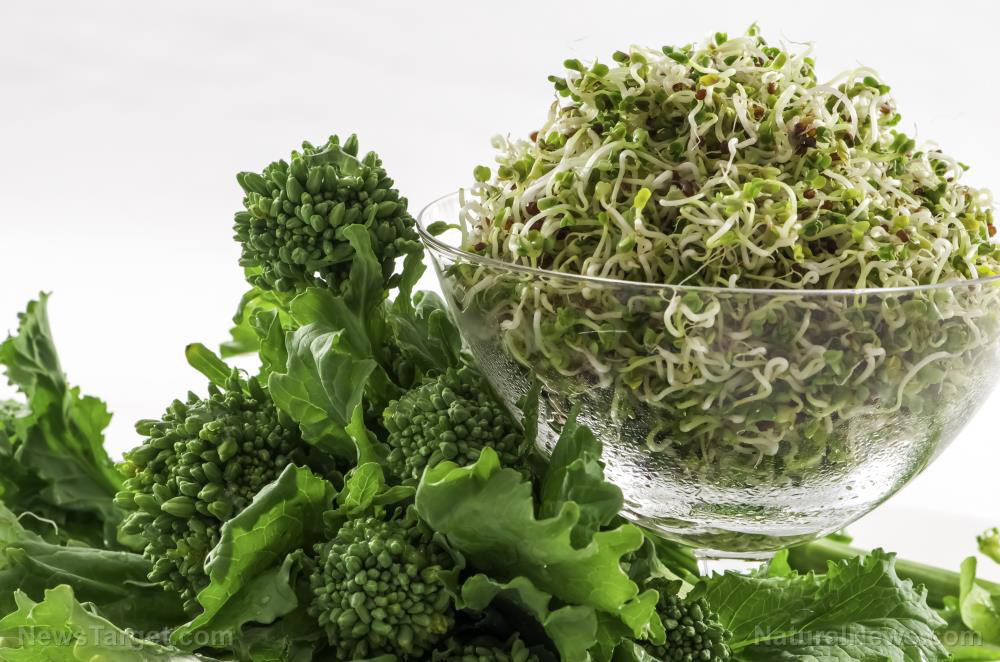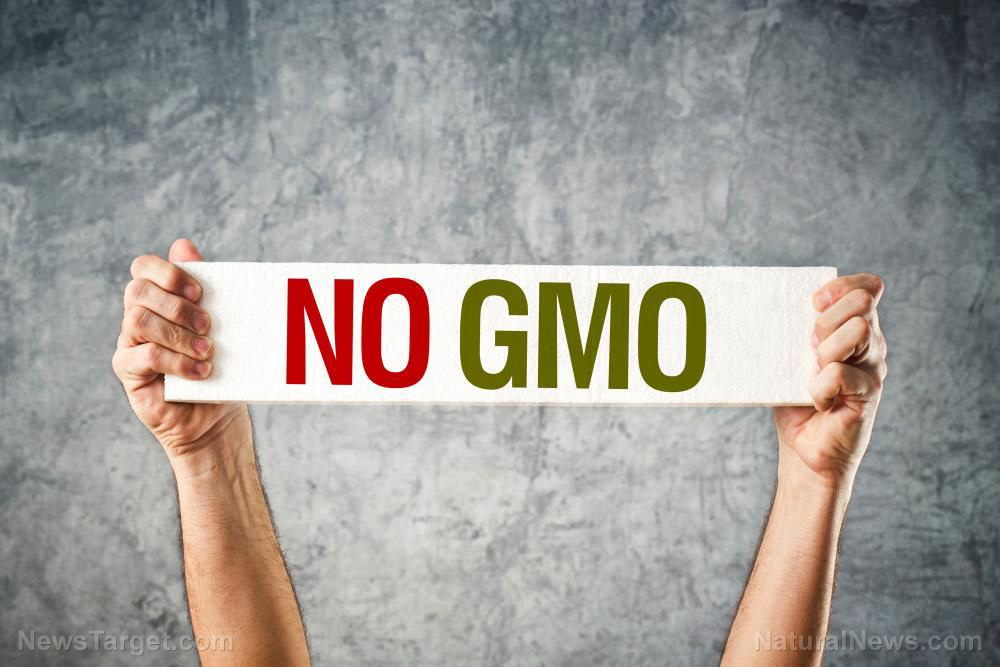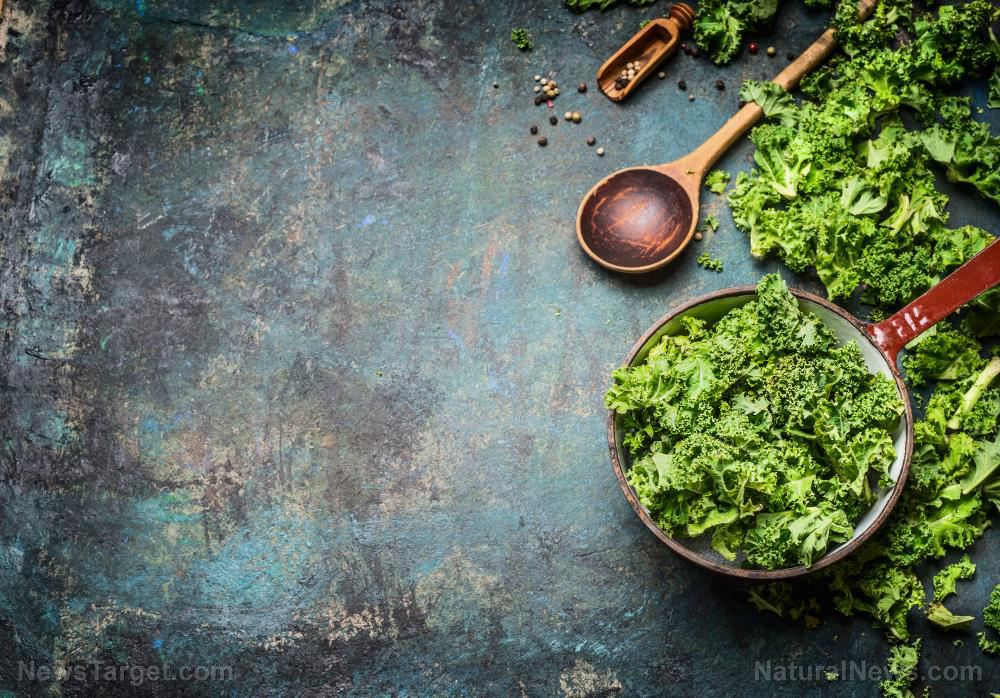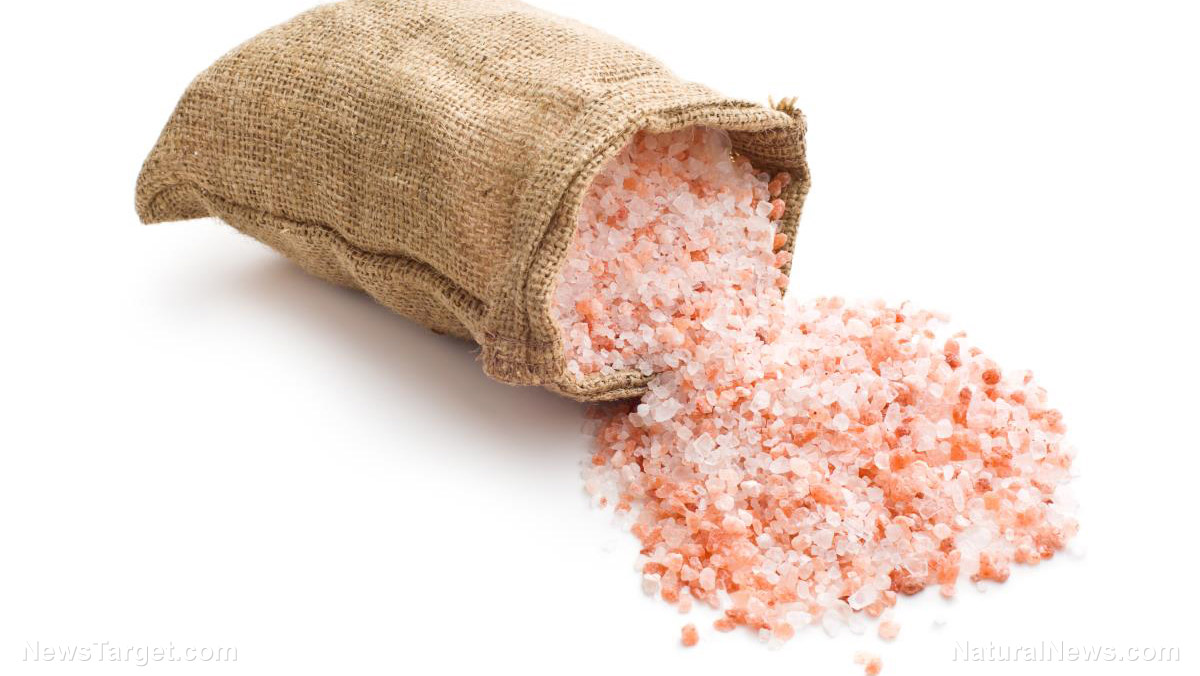SCARE TACTIC? Scientists warn that 100% fatal “zombie deer disease” could MUTATE and infect humans
04/09/2024 / By Kevin Hughes

Scientists are concerned that the highly communicable chronic wasting disease (CWD), also known as the “zombie deer disease,” could mutate to infect humans.
Late last year, experts confirmed Yellowstone National Park’s first case of the infection after a deer carcass discovered in the Wyoming region of the park tested positive for the highly infectious disease.
Now, cases have been reported in deer, elk and moose in 33 states across the United States. The disease has also been found in neighboring Canada and as far away as Norway and South Korea. (Related: Zombie deer disease outbreak has reportedly spread to 32 states and 4 Canadian provinces.)
The disease damages portions of the deer’s brain and typically causes progressive loss of body functions, behavioral changes and, ultimately, death. It is 100 percent fatal, and there are no cures or vaccines. It is called zombie deer disease because it causes parts of the brain to slowly deteriorate to a spongy thickness and animals will salivate and stare emptily before they die.
The exact route of transmission is still unknown, but experts believe it is spread from animal to animal by eating fodder or drinking water contaminated by infected feces or exposure to carcasses.
Direct contact, including saliva, blood, urine and even antler velvet during yearly shedding may also lead to the transmission of the virus. Currently, it is believed to only infect deer, elk, reindeer, caribou and moose.
CWD is caused by deformed proteins called prions, and another prion disease first discovered in animals has evolved to infect humans.
Sabine Gilch, a scientist at the University of Calgary, explained how mad cow disease, officially known as bovine spongiform encephalopathy or BSE, “jumped the transmission barrier from animals to humans.”
“During the BSE crisis, BSE was transmitted through contaminated meat or food products to humans and caused a new form of human prion disease, called variant Creutzfeldt-Jakob disease,” Gilch said.
Although Creutzfeldt-Jakob disease is not transmitted person to person by direct contact or airborne spread, researchers believe CWD could be. Research indicates it is probable that prions connected to elements of the environment may cause prion properties to be changed, along with how infectious it is and the possibility of infecting other animal species or even humans.
Humans are already exposed to infected deer through hunting and eating
While there are currently no known cases of animal-to-human transmission of CWD, researchers warn that the most probable way humans could catch the disease is by eating infected meat.
In 2017, reports indicated that between 7,000 to 15,000 infected animals were eaten. The number of infected animals that are consumed is expected to rise as much as 20 percent annually. It may take more than a year for an infected deer or elk to develop symptoms, and in that time hunters may kill these infected animals and consume their meat.
Experts warn that any deer or elk that dies in a farm must be tested for CWD because of how infectious the disease is. If an animal tests positive, the whole herd is considered infected and must be culled.
“The bottom-line message is we are quite unprepared. If we saw a spillover right now, we would be in free fall. There are no contingency plans for what to do or how to follow up,” said Michael Osterholm, an infectious disease expert at the University of Minnesota.
Follow Outbreak.news for more stories about disease outbreaks.
Watch the video below about the current zombie deer disease outbreak.
This video is from the Puretrauma357 channel on Brighteon.com.
More related stories:
MAD-HUMAN DISEASE? Prion-based diseases can be induced by mRNA vaccines, according to study.
Swine flu death in Brazil prompts CDC, WHO investigation over possible human transmission.
NEW STUDY: H3N8 avian flu virus has strong transmission potential, with risk of causing an outbreak.
Sources include:
Submit a correction >>
Tagged Under:
animal to human transmission, animals, big government, chronic wasting disease, dangerous, deer, Ecology, environment, health science, infection, infectious diseases, mad cow disease, national security, outbreak, plague, Prion disease, wildlife, zombie deer disease
This article may contain statements that reflect the opinion of the author
RECENT NEWS & ARTICLES
COPYRIGHT © 2017 FOOD SUPPLY NEWS




















